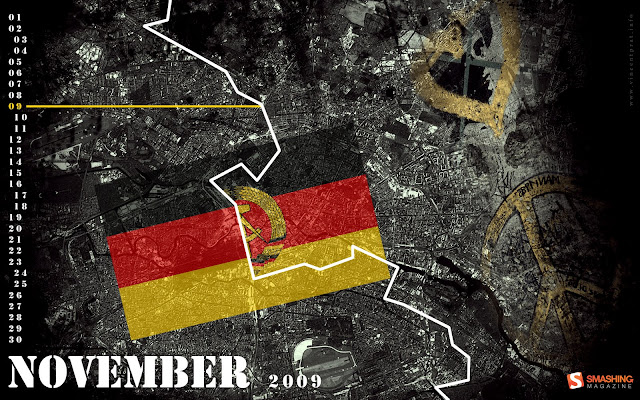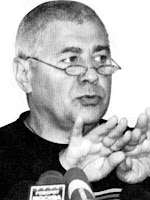Category Archives: 2009
Berlin 1989
La colonisation Américaine en France, par Jean CAU
WORKING WITH RUSSIA TO PREVENT EURASIAN COLLAPSE
Andrei Tsygankov is a professor of international relations at
Stronger than you think !
Moreover, Russia has helped other new nations in Eastern Europe create their own identities.
Putin’s consensus made it possible to resolve both problems without foreign assistance and interference.
Now in order to solve other problems, we need to go beyond Russia.
We are facing a time of harsh decisions, mobilization, and common fight for survival.
Définition de l’OTAN ….
La guerre de l’Amérique contre De Gaulle
Alain Peyrefitte. – On dit que vous allez recevoir Jean Monnet.
De Gaulle. – Pourquoi ne le recevrais-je pas ? Je l’ai toujours reçu quand il me l’a demandé. Il a été mon ministre. Ce n’est pas parce qu’il est devenu l’inspirateur des supranationalistes, c’est-à-dire des antinationaux, que je dois lui fermer ma porte. »
Загружено jevsprendpartteslsnation. – Смотри последние видео новости
Ria VS euobserver
La réponse de Ria Novosti ne s’est pas fait attendre , je souligne les parties intéressantes:
– c’est du délire
– partialité politique
– manque de professionalisme
– piètre niveau professionel
– connaissances limitées sur la russie
– déclaration incompétente et irresponsable
– créations de barrières informationelles
– médias n’ont pas rempli leur devoir informationnel en vérifiant les faits exposés
L’Eurasie pour les novices ;)
Ces révolutions sont des coups d’états déguisés, organisés par l’empire Américain, et cela pour accéder au contrôle du continent Eurasiatique, par fidélité aux thèses géopolitiques de MacKinder et de Spykman qui disaient que la maitrise du monde passait par le contrôle de l’ile monde (l’eurasie), soit en contrôlant son coeur (Mackinder), soit son anneau extérieur (Spykman).
Dans les deux cas, on comprend bien l’extension de l’OTAN à l’est (vers les frontières Russes) et également l’intérêt à la chute de l’URSS et l’occupation en Asie centrale et en Afghanistan, zones situées dans l’anneau (Rimland) et ou sont concentrées la grandes majorité des matières premières du continent. L’occupation de l’Afghanistan puis du Pakistan (?) suit d’ailleurs le tracé du pipeline trans-afghanistan …
J’incite mes lecteurs à lire à titre d’information ces billets sur les “routes du Heartland”, le premier sur Dedefansa.org et le second sur le blog Egea ..
Enfin, ludique et très synthétique, la vidéo ci dessous de Michael Ruppert (son site) qui détaille très clairement les raisons / méthodes / visées de l’empire Américain au coeur de l’Eurasie. A noter l’explication du pillage des ressources financières Russes par les multinationales US (7ième minute …) … A regarder et diffuser !





